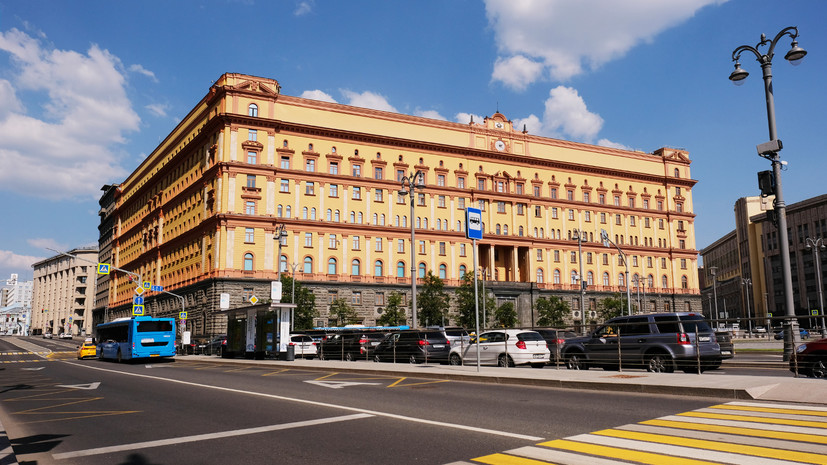The FSB of the Russian Federation has prepared a list of information that does not belong to state secrets, however, if received by other countries, it can be used against the security of Russia.
The draft document was published on the portal of draft regulations.
The information provided by the document is divided into military, not containing state secrets, and military production, not containing state secrets.
In total, the list includes 61 items.
"I order to approve the attached list of information in the field of military, military-technical activities of the Russian Federation, which, when received by a foreign state, its state bodies, an international or foreign organization, foreign citizens or stateless persons, can be used against the security of the Russian Federation," in the text.
Data that does not fall under the definition of state secrets, but the transfer of which to other countries is prohibited, includes information on forecasts of the development of the military-political, strategic and operational situation, data on the deployment, number and name of military units and financial support of troops, as well as on the morale army.
Several points are devoted to data on the Russian space program - it is forbidden to disclose information about the target programs of Roscosmos and the financial condition of the corporation, data on funding by Roscosmos and the Ministry of Defense for research, design and scientific work in the space industry, data on the technical condition of cosmodromes and other ground objects space infrastructure.
Information on the development and implementation of innovations and new generation technologies in space technology, information on the introduction of space technologies in the interests of the country's defense and security, and information on the development of nuclear power, including the creation of interorbital tugs, will also be considered classified information.
The list also includes information on building up the capabilities of the space control system, information on purchases abroad of high-tech products for creating space technology, and a number of other items.
All these data are not state secrets, but, according to the FSB, they can be used against the security of Russia by foreign states or organizations.
First Deputy Chairman of the State Duma Defense Committee Andrei Krasov, in a conversation with RT, noted that such a decision was "long overdue", since the concept of "state secret" and responsibility for its disclosure are enshrined in the legislation, while the concept of "official secret" is not existed.
“And we saw when in a number of reports, including those talking about the achievement of some enterprises of the military-industrial complex, they disclosed an official secret, it can be described as follows.
That is, foreign special services do not need to make titanic efforts in order to obtain the technical characteristics of this or that sample, but you can simply re-read the report on the achievements of the enterprise, and the picture becomes clear for them, ”the deputy explained.
A similar opinion was expressed by the President of the International Counter-Terrorism Training Association, retired FSB Lieutenant Colonel Joseph Linder, stressing that "a huge amount of information is leaking from a variety of sources for a variety of reasons."
“There is malicious intent, or treason to the homeland in the form of espionage, which is punishable by capital punishment in almost any country.
And there is a leak of information that is not directly a military or state secret, but represents information of limited circulation, which also needs to be protected.
And the leakage of this information can also cause very serious political, reputational, economic or other harm to Russia, "he told RT.
Recall that in July 2020, the Lefortovo Court of Moscow arrested Ivan Safronov, an advisor to the general director of Roscosmos and a former journalist for Kommersant, for two months on suspicion of treason. According to the FSB, he carried out tasks for one of the NATO special services, collected and passed on to its representative information constituting state secrets about military-technical cooperation, defense and security of the Russian Federation. Safronov himself said in court that he did not admit guilt in high treason.

